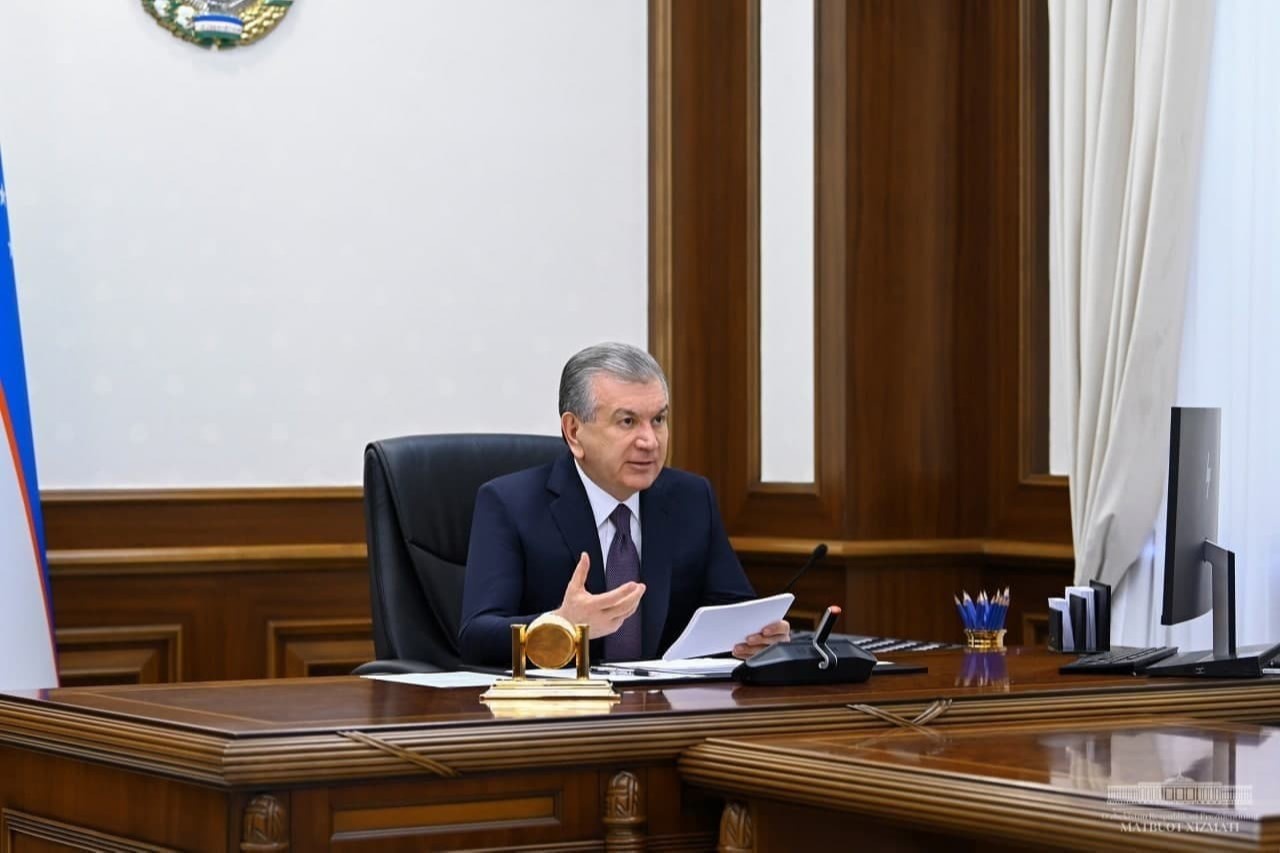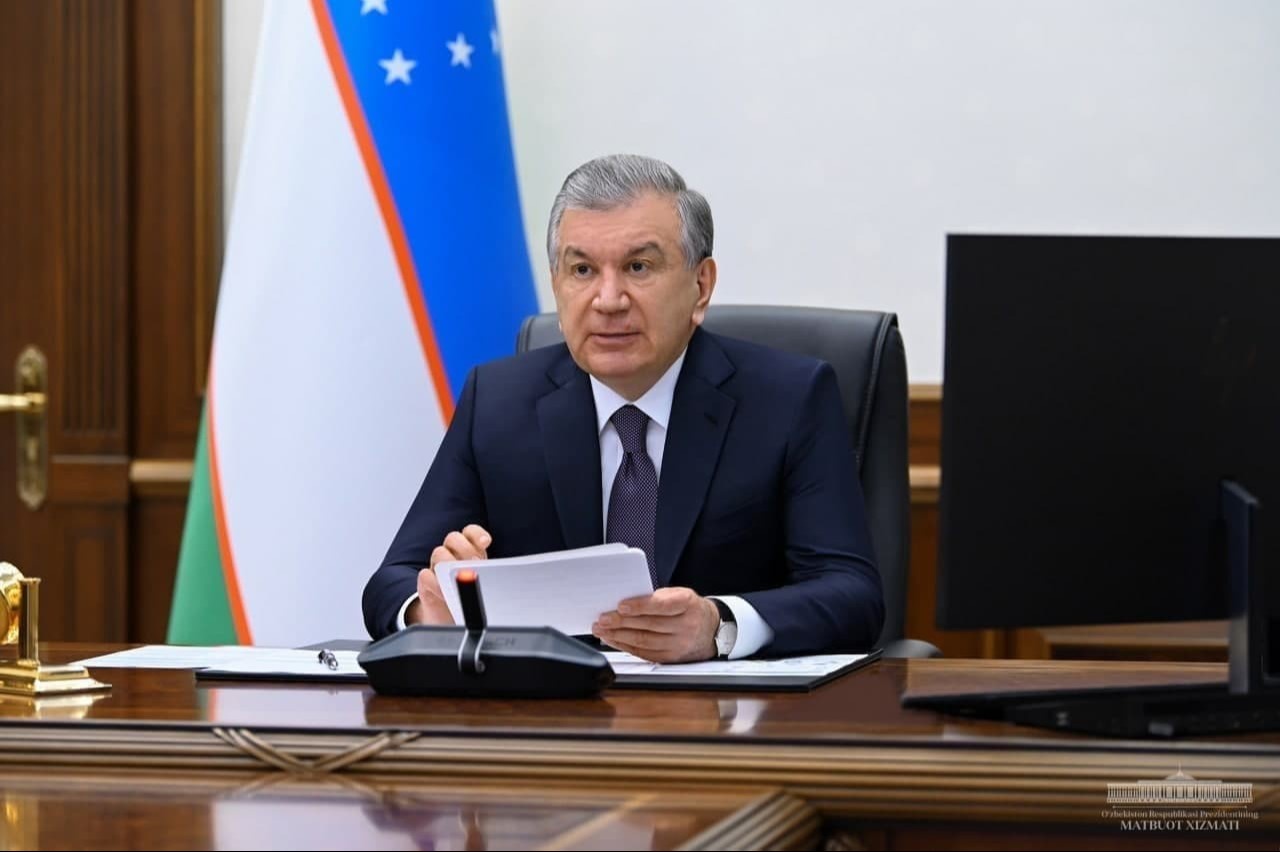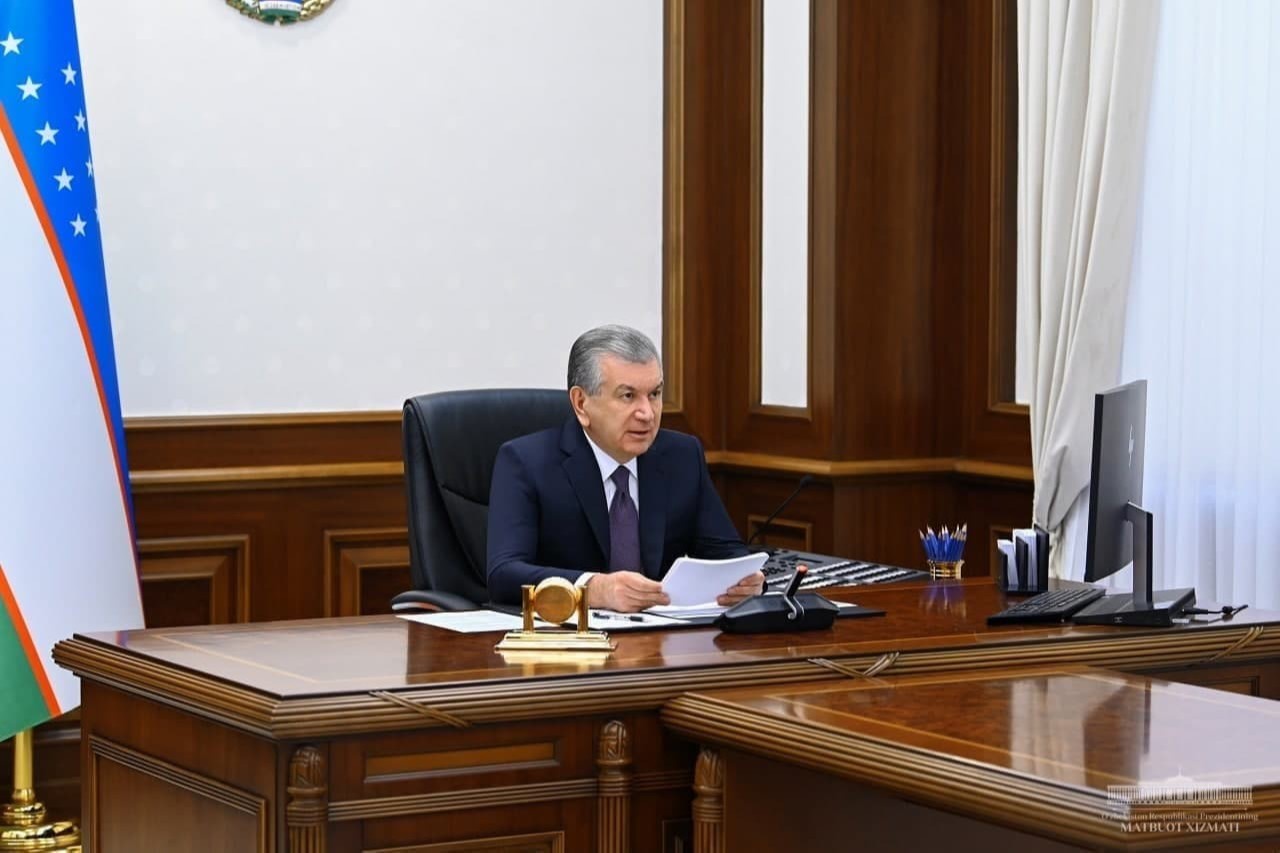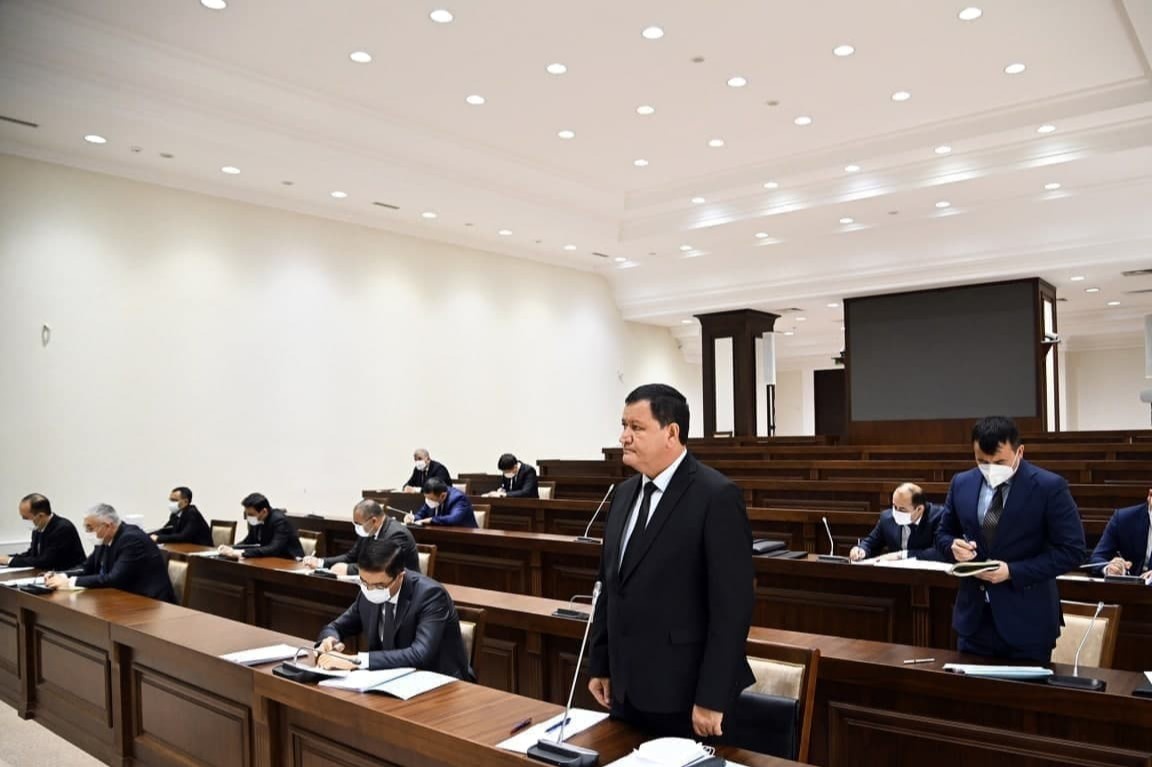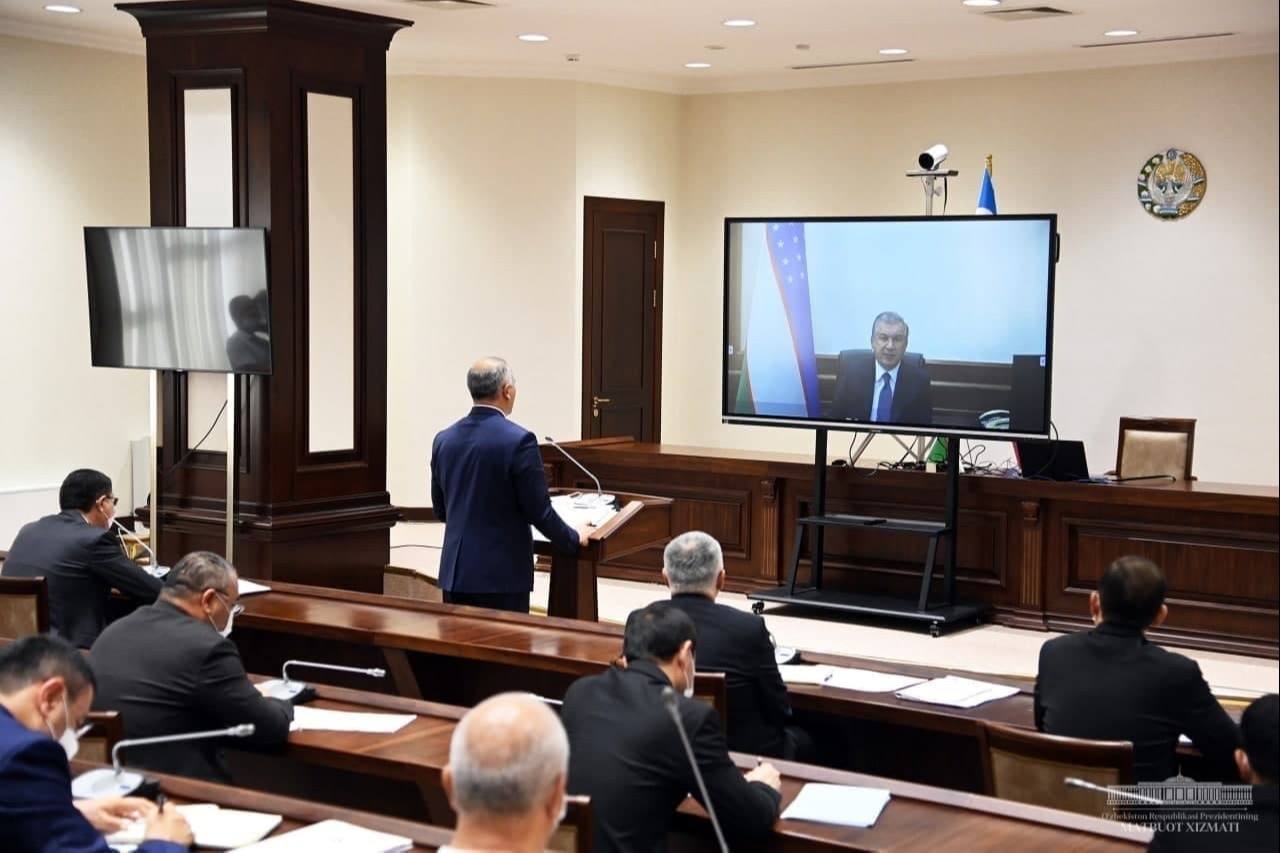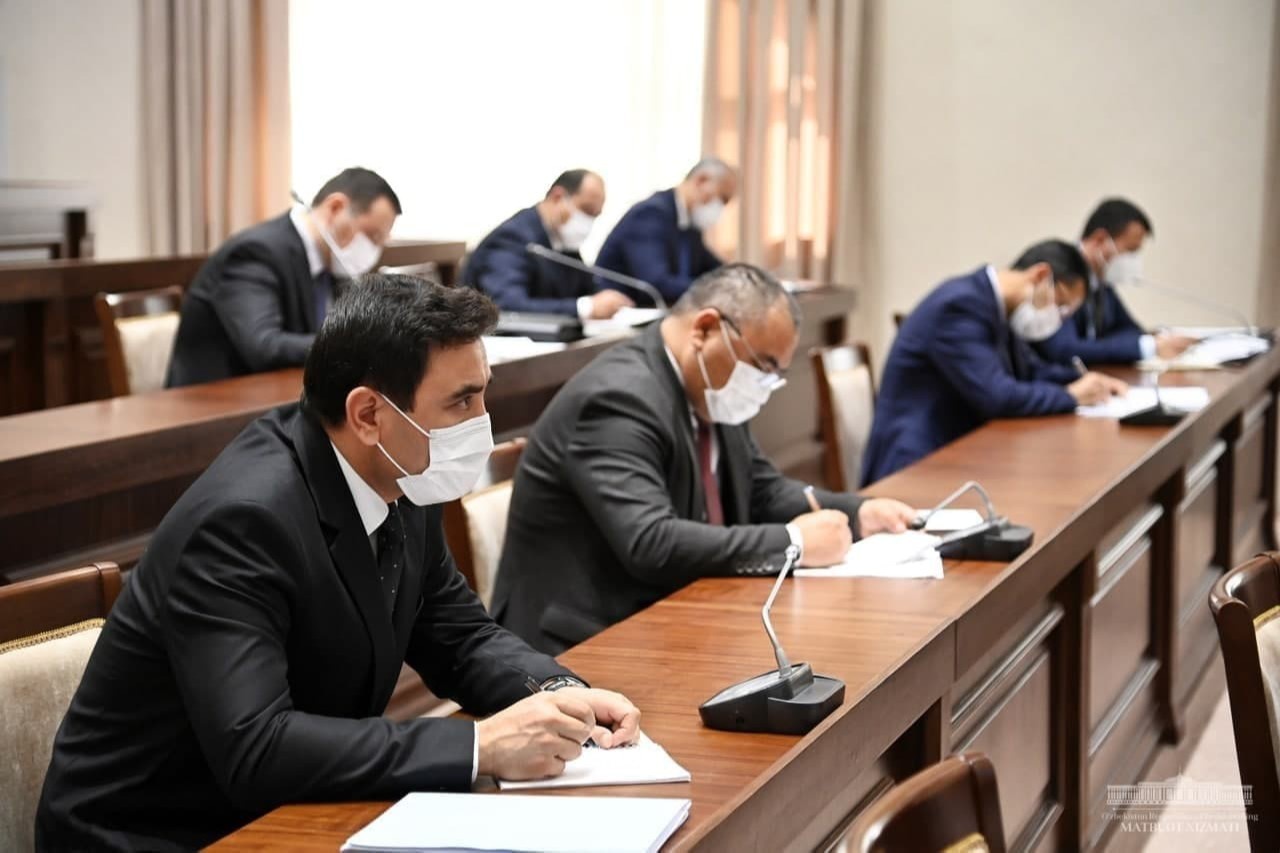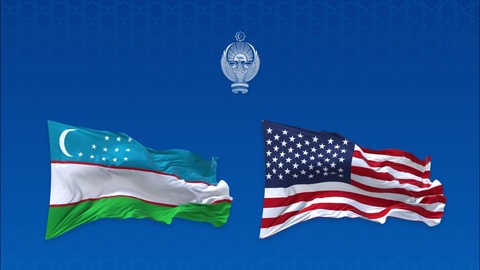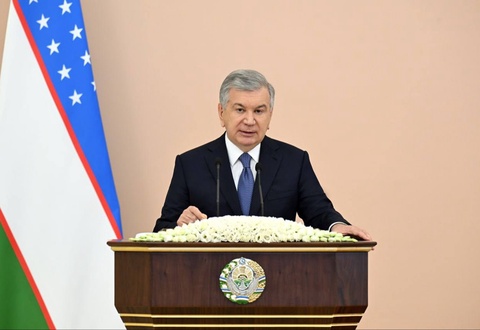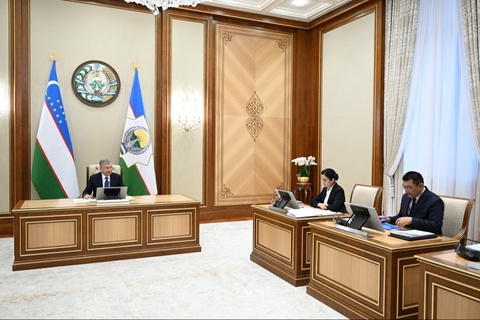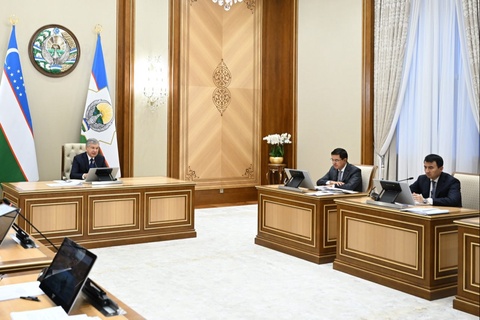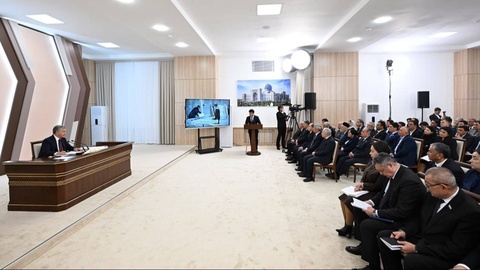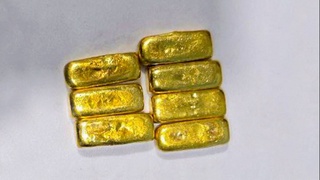Plant protection is important for ensuring the quality and safety of food products and increasing their exports. The implementation of such comprehensive measures is carried out by the JSC Uzagrokimyokhimoya.
In recent years, clusters and farms, as well as other business entities began dealing with the supply of mineral fertilizers and chemicals, which is one of the functions assigned to the joint-stock company. The demand for this area of activity and other services of JSC Uzagrokimyokhimoya is falling.
In this regard, issues of creating a new plant protection system, effective deployment of agrochemical services were discussed at the meeting.
It was proposed to abolish the JSC Uzagrokimyokhimoya, to transfer its powers and functions to other structures. Thus, the functions of plant protection and locust control will be transferred to the State Plant Quarantine Inspectorate. The fight against the unpaired silkworm will be entrusted to Uzbekipaksanoat Association, its member clusters, as well as regional hokimiyats. The supply of mineral fertilizers and chemicals will be entirely transferred to the private sector following the principles of the free market. Entrepreneurs will also provide services for the chemical treatment of plants on a competitive basis.
The Head of the state approved this proposal and instructed to create a Republican Commission led by the Deputy Prime Minister and territorial commissions led by the hokims of the regions to implement these transformations.
The President noted the need for creating biological laboratories and plant clinics, attracting qualified agronomists and entomologists, as well as creating a wide network of agrochemical services available to every farmer.
The officials were instructed to take into account the peculiarities of each region. So, the alfalfa bug is widespread in Surkhandarya, wilt disease in Bukhara region, and tomato moth in other regions.
The importance of studying foreign experience in plant protection, developing a methodology for the use of chemicals, taking into account quantitative and temporal norms, was emphasized.
Agrobank was appointed responsible for the financial support for the sector development. At the first stage, the bank will open a credit line for 150 billion UZS for the organization of modern laboratories, the purchase of equipment and technology, as well as the provision of working capital to service enterprises.
The issue of supporting the private sector in plant protection was also considered. It was noted that interest on loans for laboratory and other equipment purchased by entrepreneurs, in the part exceeding the base rate, will be compensated from the budget. And a loan guarantee will be provided in the amount of up to 50 percent from the Entrepreneurship Support Fund.
Entrepreneurs will be able to count on compensation for 30 percent of the costs of laboratory analysis of soil and plant composition provided to farmers. The current tax rates for entrepreneurs providing biological and chemical services will be reduced by 50 percent.
The President paid special attention to the development of science and training personnel for the sphere. He emphasized the need for improving the material and technical base of the Research Institute for Plant Protection, attracting qualified personnel and foreign specialists.
The task was set to develop a government resolution on strengthening the system of training specialists at Tashkent State Agrarian University and its branches, increasing the scientific potential and providing them with modern teaching and laboratory equipment.
An instruction was given to retraining domestic mid-level specialists, with the involvement of foreign agronomists operating in the country.
The need was also noted for enhancing services for the protection of fruit and ornamental trees, shrubs and flowers in cities.
Officials of the sphere and hokims of the regions reported on measures to be taken for the effective organization of the new system.


